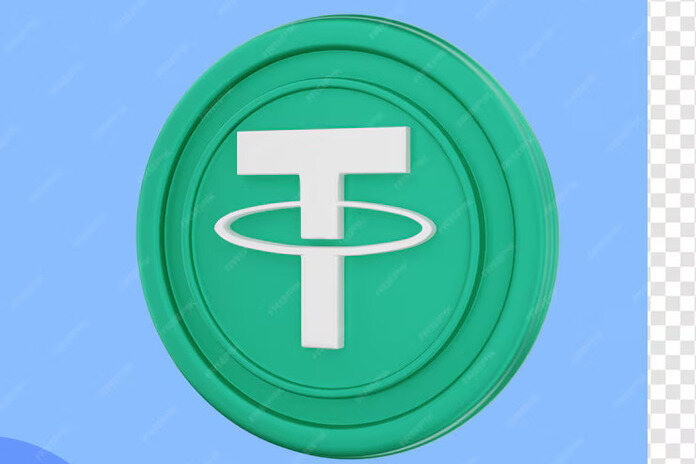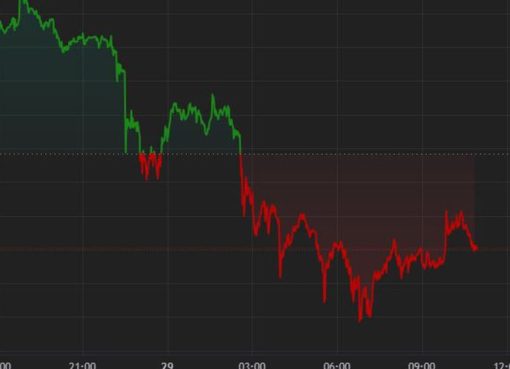As scrutiny over the misuse of Tether’s USDT stablecoin intensifies, the company pledges to take decisive action against addresses linked to sanctions violations.
Tether, the issuer of the popular USDT stablecoin, has announced its commitment to freezing any addresses associated with sanctioned entities. This proactive stance follows reports indicating the exploitation of USDT tokens by certain state actors to evade US sanctions.
A spokesperson for Tether stated, “Tether respects the Office of Foreign Assets Control (OFAC) SDN list and is committed to working to ensure sanction addresses are frozen promptly.”
In the past year, Tether has actively frozen addresses holding substantial amounts of its digital assets involved in illicit activities. For example, the company froze 32 addresses containing $873,118.34 linked to unlawful activities in Israel and Ukraine.
Tether’s CEO, Paolo Ardoino, emphasized that these actions underscore the company’s dedication to establishing robust safety standards within the emerging cryptocurrency industry.
Despite Tether’s compliance efforts, recent reports have highlighted ongoing exploitation of the USDT stablecoin by terrorist groups and sanctioned nations seeking to bypass restrictions. Venezuela’s state-owned oil giant, PDVSA, reportedly utilized USDT for crude oil and fuel exports amid renewed US sanctions. Additionally, Russia has increasingly turned to alternative payment avenues, including Tether’s USDT stablecoin, to evade economic sanctions, according to US Treasury Deputy Secretary Adewale Adeyemo.
A United Nations report also revealed the prevalence of cryptocurrency-based money laundering, with Tether’s USDT on the TRON blockchain being a favored choice, particularly within illegal online gambling platforms.
In response to these developments, US Senator Elizabeth Warren has advocated for stringent regulatory measures, emphasizing the importance of including stablecoin issuers and other decentralized finance (DeFi) intermediaries under anti-money laundering (AML) and combating the financing of terrorism (CFT) requirements in any proposed stablecoin regulations. Excluding such entities, Warren argues, could enable bad actors to exploit the growing crypto trading activities facilitated by the legislation.
Featured Image: Freepik




